05 Feb Prescription Medicines and Premium Price
By Grant Dattilo
Feb. 1, 2024
“With a shocking $3.5 million price tag, CSL Behring and uniQure have the world’s new most expensive drug in Hemgenix.”[i]
Let’s hope none of us will ever need Hemgenix (a gene therapy for hemophilia B), [ii] and even if your prescription plan covers it, imagine what it would do to everyone’s premiums.
Your pharmacy benefit plan manager, however, loves it when you use generics instead of gene therapy or name brand drugs. In today’s marketplace, you can buy a year’s supply of many generics for $30 or less.
The fact is, however, that the cost of prescription medicine does play a large role in the cost of your insurance premiums.
Spending on prescription medicines
According to the Centers of Medicare and Medicaid Services (CMS), of the total spent on health care in the United States, only 9 percent is for prescription medicines.[iii] You might not believe that when you look at your monthly premiums.
Kaiser Family Foundation explains this quite simply. Of your total premiums you pay, about 21.6% is to cover the cost of prescription drugs.[iv] There are at least two reasons why this is true.
- The cost of specialty drugs.
- Cost-shifting from government plans (Medicare and Medicaid) to private insurance.
Specialty Drugs
Specialty drugs are those that treat a limited number of cases, and therefore, the cost per prescription is high. Also, it is likely that a specialty drug is only available from one source. As a result, they are quite expensive and have a disproportionate effect on the total of spending for prescription drugs.
Even though less than 2% of the population uses specialty drugs, those prescriptions account for a staggering 51% of total pharmacy spending.[v] [emphasis added]
Your share of the overall cost
When compared to private health insurance, Medicare and Medicaid pay less for all the services, products, and devices they cover. As a result, when a physician prescribes a specialty drug – or any drug – covered under a private prescription plan, some of that low cost paid by Medicare and Medicaid is shifted to individuals with private health insurance.
You pay more because they pay less. This is true for all health care benefits.
What can you/we do about the cost of prescription medicine?
Using generics instead of name brand medicines will reduce overall spending. Ask your physician to specify generics first.
Evermore-online suggests:[vi]
- A formulary that directs patients from costly specialty medications to clinically comparable, lower cost alternatives
- Utilization management that ensures a therapy and dosing are appropriate for the patient ….
The answer most of us are tired of hearing is always important. As much as you can, maximize your personal health status with good diet, exercise, and reduction of stress. These practices will help reduce your overall health care cost, and the need for prescription medicines.
For individuals with chronic and long-term medical conditions, seek out a regimen that reduces reliance on specialty drugs, if at all possible. If a name brand drug might work, why not try it first – or its generic alternative if one is available.
[i] https://www.fiercepharma.com/special-reports/priciest-drugs-2023
[ii] https://www.hemgenix.com/hcp
[iii] Staff. (2023) “National Health Expenditures 2022 Highlights.” CMS, Washington D.C. Dec. 13, 2023. Retrieved 1/29/2024. https://www.cms.gov/newsroom/fact-sheets/national-health-expenditures-2022-highlights
[iv] Staff. “Retail prescription drugs account for a significant share of health spending for privately insured.” Kaider Family Foundation. https://www.healthsystemtracker.org/chart-collection/recent-forecasted-trends-prescription-drug-pending/#Average%20price%20of%20Harvoni,%20Humira,%20and%20Enbrel,%202017 Retrieved on 1/30/2024.
[v] Staff. (2023) “What is Drug Trend and How to Manage it.” Evermore Health Resources. https://www.evernorth.com/articles/specialty-drug-trends-and-utilization Retrieved on 1/30/2024.
[vi] Ibid.

